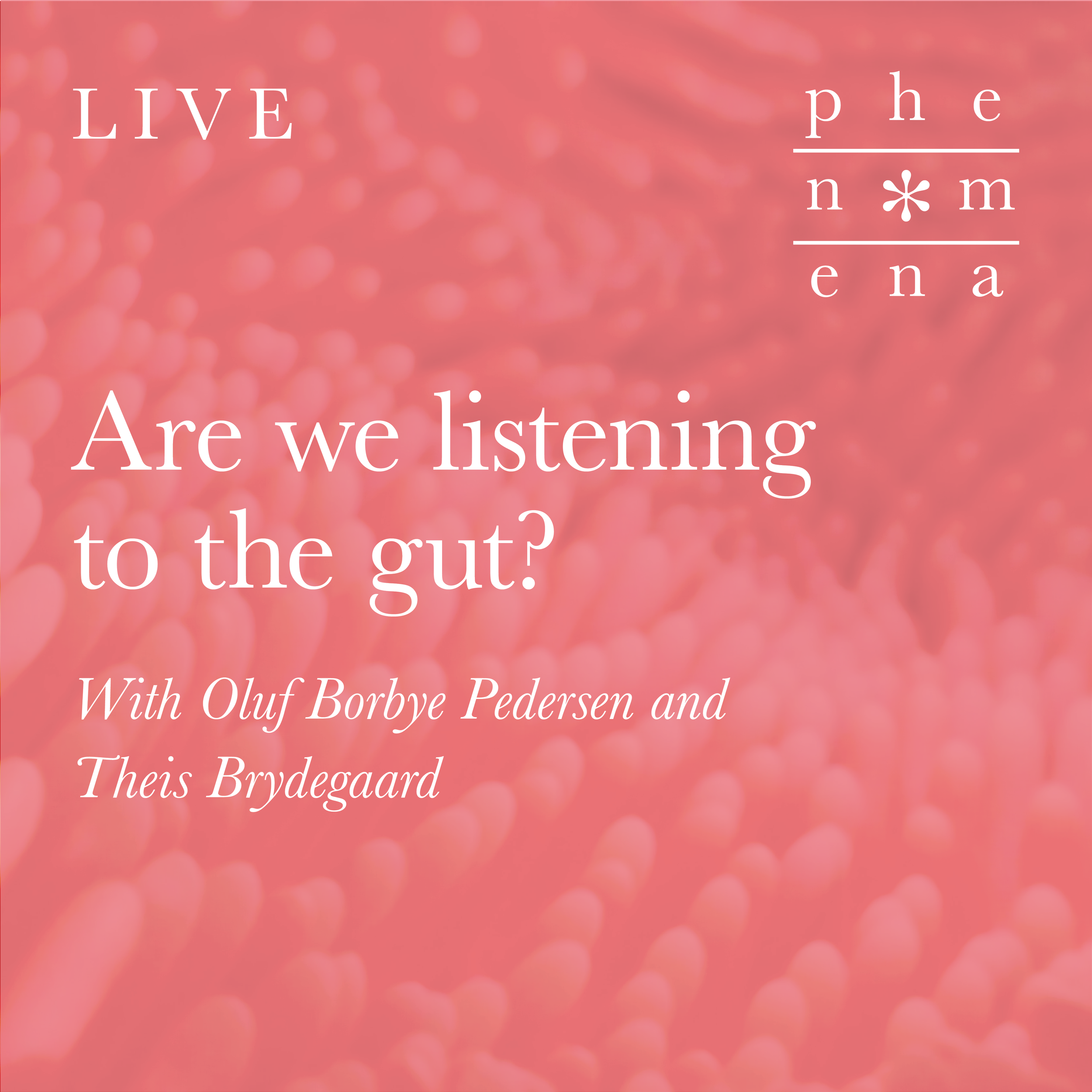Are we listening to the gut? – a Live podcast
With Oluf Borbye Pedersen and Theis Brydegaard
In this special edition of the podcast, we are live from Copenhagen, Denmark where we hosted a discussion with Oluf Borbye Pedersen, a world expert on the gut microbiome, and Theis Brydegaard, head chef at the Alchemist.
Are We Listening to the Gut? was the topic of conversation, and as part of our ongoing content series all about our changing relationship to flesh, offers us a novel lens through which to consider our bodies, our selves and the world around us.
Hosted by ReD’s Filip Lau and Anne Mette Lottrup, they discuss why we should consider food as preventive medicine, the relationship between what and how we eat and healing and finally, and why paying more attention to our gut might help solve behavioural barriers around adherence.
Host: Filip Lau and Anne Mette Worsøe Lottrup
Guests: Oluf Borbye Pedersen & Theis Brydegaard
Introduced by Matthew Janney

